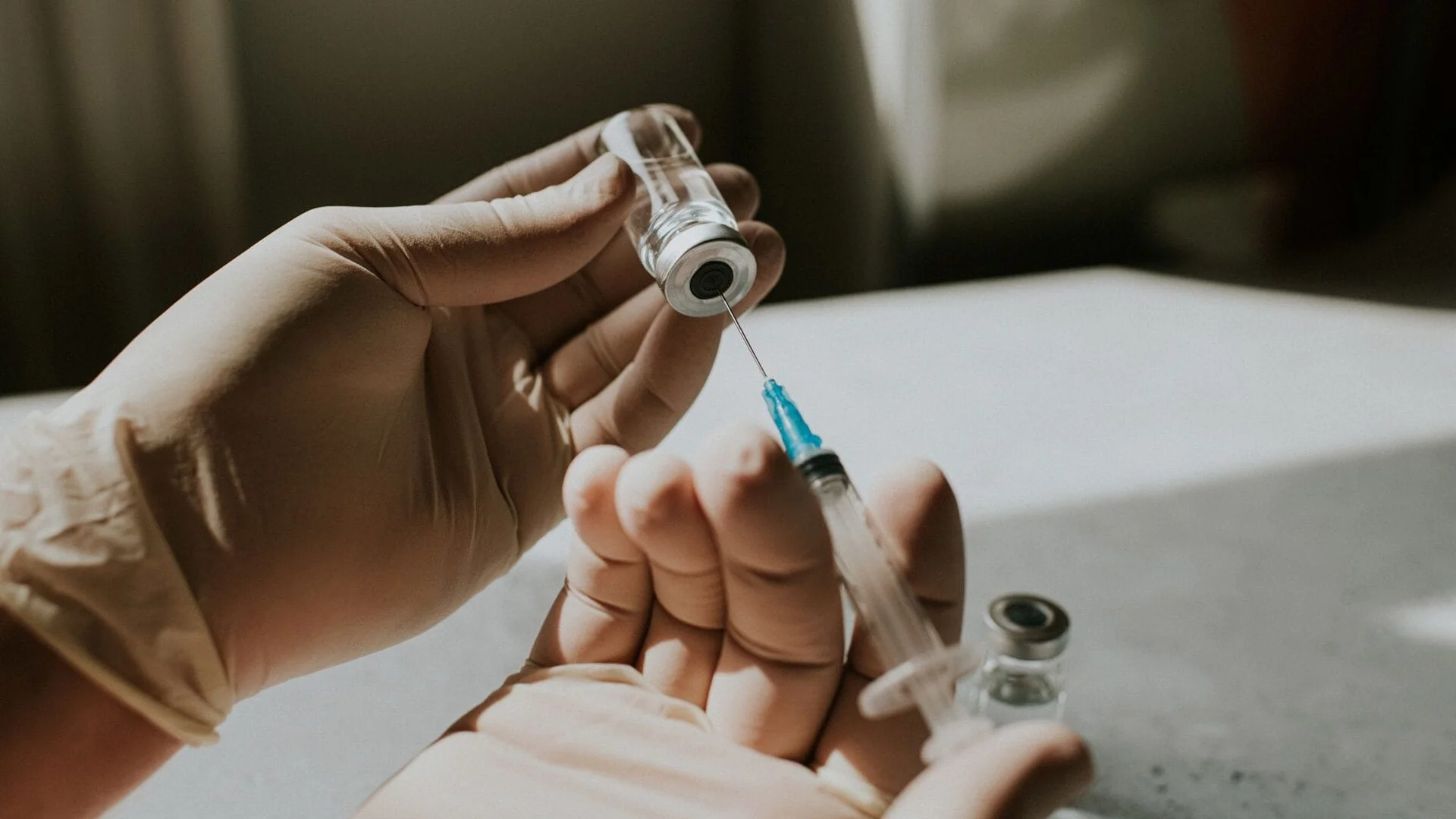Twice-yearly injections have demonstrated 100% effectiveness in preventing HIV infections among women, according to a recent trial.
The injections, administered biannually to combat AIDS, showed complete efficacy in stopping new infections in female participants. The drug’s manufacturer, Gilead Sciences, disclosed it awaits results from trials involving men before pursuing regulatory approval for use as a preventive measure.
Published Wednesday in the New England Journal of Medicine, the study involved approximately 5,000 young women and girls from South Africa and Uganda.
Thandeka Nkosi, involved in overseeing Gilead’s research at the Desmond Tutu Health Foundation in Masiphumelele, South Africa, described the potential of the semiannual injection as “revolutionary news” for patients.
“With the biannual injectable, participants have more flexibility compared to daily pills,” Nkosi said. “Adherence to daily medication is often challenging due to various factors, including access to clinics. The injectable option offers a significant advantage in this regard.”
HIV, a virus that weakens the immune system, progresses to AIDS in its most severe form.
The shots, developed by U.S.-based Gilead under the brand name Sunlenca (known as lenacapavir), are currently approved in the U.S. and Europe solely for HIV treatment.
While condoms and daily pills such as Gilead’s Truvada or Descovy are existing methods for HIV prevention, adherence has been inconsistent. In the study, only about 30% of participants consistently used the prevention pills, and this rate declined over time.
Globally, HIV infects over 1.3 million people annually and causes more than 600,000 deaths, predominantly in Africa.
Experts express enthusiasm for the new injections but are cautious about affordability. Gilead has yet to finalize pricing for regions with the greatest need.
The company intends to implement a “voluntary licensing program,” limiting generic production to select manufacturers. UNAIDS has advocated for broader access through patent sharing, akin to actions taken during the AIDS crisis when access to life-saving drugs dramatically improved after patents were suspended.
Currently, Sunlenca costs over $40,000 annually in the U.S. as an HIV treatment, although pricing may differ based on individual circumstances.
Dr. Jared Baeten, Gilead’s senior vice president of clinical development, emphasized ongoing discussions with generic manufacturers to ensure swift global distribution at equitable prices.
Another preventive injection, Apretude, approved in some nations including those in Africa, costs about $180 per patient annually, still considered unaffordable for many developing countries.
Research presented at an AIDS conference indicated potential for Sunlenca’s cost to drop significantly once production scales up, potentially reaching $40 per treatment when serving 10 million people.
Women and girls account for 46% of new HIV infections globally, with females in Africa facing three times the risk of infection compared to males.
Historically, the availability of HIV treatments shifted drastically when South Africa suspended drug patents, reducing annual costs from $10,000 to approximately $50 per patient.
As developments continue, Gilead aims to navigate regulatory channels swiftly while addressing global accessibility challenges, echoing commitments to expanding access to life-saving therapies.

